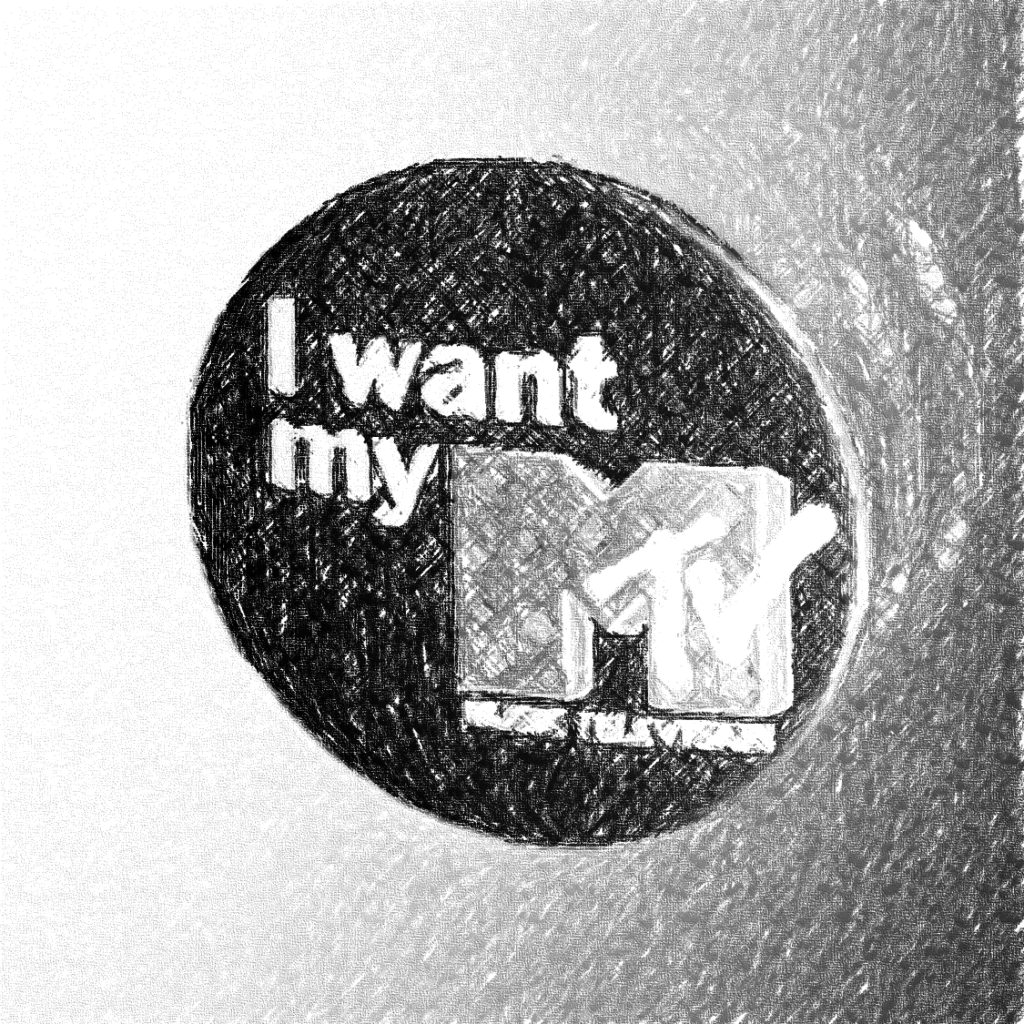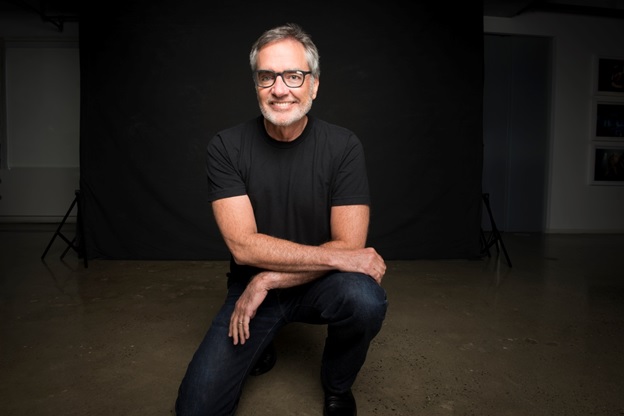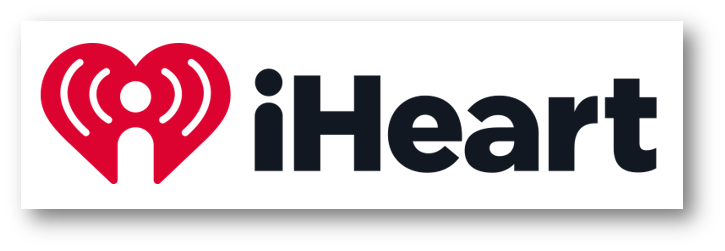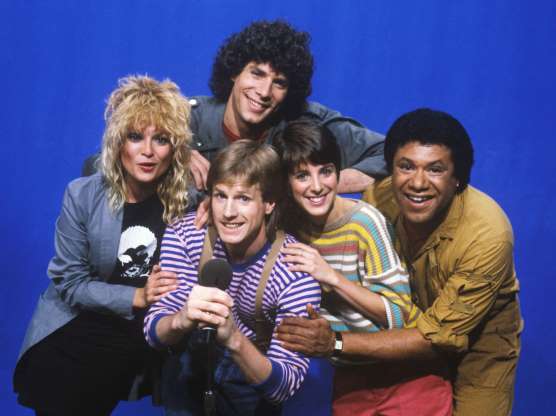
We talk a lot in this blog about where the radio industry is headed. The business as we knew it is in a much different place than it was just a couple years ago.
Technology, digital media, new platforms, and partnerships are now part of the everyday lexicon. Broadcasters aren’t just interested in innovation and the future – they are now actively attempting to redefine it, using the foundation of radio to transform their traditional media businesses.
Once unheard of, industry partnerships and cross-purchases are now becoming common. Hiring new people, opening up new divisions, and looking for synergies has now become part of industry’s new marching orders. Yesterday’s announcement that Scripps had purchased Triton may have surprised many industry observers, but in many ways, it is becoming indicative of the new ways of thinking about the legacy business.
In just the past few days and weeks, Cox has launched its own analytics platform, Beasley has jumped into the eSports arena, and iHeart – while still in bankruptcy – spent $55 million on a major podcast publisher, Stuff Media.
The radio industry has become bullish on technology – podcasting, smart speakers, and streaming. And not a day goes by where new announcements underscore this new-found commitment.
At the heart of this change, of course, is iHeart Media, and its iconic head of state, Bob Pittman. Many in the industry (present company included)  outside of “the empire” spend considerable time speculating about what the company is up to, what their boss is thinking, and what it may mean to Radio – with a capital “R.”
outside of “the empire” spend considerable time speculating about what the company is up to, what their boss is thinking, and what it may mean to Radio – with a capital “R.”
In a new story in the Drum, Pittman is the focal point of a story by Katie Deighton – “‘Treat your brand like a human’ – advice on brand building from MTV founder Bob Pittman.”
Even with the financial burdens that have plagued the company during this past decade or more, iHeart has still been the straw that stirs the industry drink. And while other companies have made their moves in recent years, reshaping the business, it is iHeart and Pittman who are in the crosshairs.
While Pittman’s resume includes running Six Flags, AOL, and of course, iHeart, it’s the MTV Era that has defined his career – and his operating philosophy.
Speaking at Interbrand’s Best Global Brand’s Summit, Pittman gave attendees a crash course in the power and potential of building killer brands. As the title of Deighton’s story suggests, iHeart’s chieftain isn’t just focused on building great brands – he’s obsessed by them.
Like building a monument, it takes time – Pittman says it requires 5-7 years and $1 billion of earned or unearned media to truly create a brand that stands the test of time.
 You can look at any number of decisions that have shaped iHeart’s trajectory since he took over less than a decade ago, but perhaps one of the most impactful was when in 2014, he scrapped the old line Clear Channel moniker that screamed AM Radio, and bet his fortunes on the company’s technical wing, iHeartRadio. Becoming iHeart Media – or just iHeart – the company’s focus has shifted to one of that’s about entertainment – not just radio.
You can look at any number of decisions that have shaped iHeart’s trajectory since he took over less than a decade ago, but perhaps one of the most impactful was when in 2014, he scrapped the old line Clear Channel moniker that screamed AM Radio, and bet his fortunes on the company’s technical wing, iHeartRadio. Becoming iHeart Media – or just iHeart – the company’s focus has shifted to one of that’s about entertainment – not just radio.
At the time, the company’s branding makeover may not have seemed like a big deal. But, in fact, it helped accelerate its trajectory.
You can look at Pittman’s MTV roots for clues about his mindset today. Because at 26 years of age, he telegraphed his operating philosophy to his competitors:
Build killer brands
And as he explained at the conference, it’s about growing both “identity and awareness,” while giving brands a “human-like” quality.
 Those were the marching orders at MTV in the wild and crazy 80s. I was fortunate enough to get hired for research services back in that era, and it was a true learning experience about building and shaping not just a brand, but a culture. No matter who you interfaced with at MTV, they all “got it.”
Those were the marching orders at MTV in the wild and crazy 80s. I was fortunate enough to get hired for research services back in that era, and it was a true learning experience about building and shaping not just a brand, but a culture. No matter who you interfaced with at MTV, they all “got it.”
From Tom Freston in the corner office to Marshall Cohen in research to Lee Masters (better known now as Jarl Mohn) and Judy McGrath in programming to Martha Quinn and Mark Goodman in front of the camera, everyone understood the essence of the brand and the culture – and they treated it with the respect and reverence it deserved.
You’d often hear the phrase, “No, that’s not us” when an idea, concept, or innovation came along that just didn’t have that ring of authenticity or fit. It had to pass the MTV litmus test of cool, fun, crazy, and cutting edge.
Pittman traces the demise of the network to the reality that many of those “brand stewards” eventually left the company, draining it of the culture that once made “I want my MTV” a household phrase.
Today, you can see the same schematic taking shape at iHeart, and it very much reflects the bones of MTV. Pittman now faces renewed competitive challenges from bigger, smarter, savvier radio broadcasters, focused on building entertainment companies that transcend towers and transmitters.
Whether it’s the VMA Music Awards or the iHeart Music Festival, allowing the audience to touch and participate with the brand is part and parcel of the umbrella philosophy of entertainment that Pittman takes with him wherever he goes.
But as he explained at the Interbrand Summit, it comes down to how you define your business and your brand:
“What you should strive to be as a company is a one-of-a-kind company. I don’t want to be a radio company. I want to be iHeart. You can’t describe it – the personality becomes that unique. And I think that’s what we got right with MTV.”
And now the challenge is to get it right at iHeart, another brand-building project. Pittman embraces the value of his company’s identity, something that other radio companies are struggling to do. It’s one thing to make acquisitions, create partnerships, and launch new initiatives. It’s another to build a great company brand.
I’m betting that Pittman thinks less and less about other companies rooted in radio. Instead, his focus is on Amazon, Google, Apple, and the other media and technology behemoths – and building the iHeart brand into one that can stand toe-to-toe with any of them.
Pittman’s Playbook isn’t a well-guarded secret. It’s an open book that has worked at myriad companies, and Pittman is convinced it will work again.
The question is whether media observers – and more importantly, the public – will one day think of iHeart in those terms.
What’s next for the company?
It will be all about building the iHeart brand – for consumers, advertisers, and investors.
Take it to the bank.
- Can Radio Afford To Miss The Short Videos Boat? - April 22, 2025
- Media And Technology In 2025: Believe It Or Not! - April 18, 2025
- In Radio, You Just Never Know - April 17, 2025




It is well documented; a brand is a feeling. How listeners connect with you in an emotional way is the most crucial question to be answered.
It’s so true, Bob. Your comment made me think of my favorite radio station growing up. I didn’t think of it as “just” a radio station that happened to play the music I liked. I thought of it and the people I was listening to–and even other listeners–as friends. It may be radio’s greatest strengths. If people think of you as friend, they will naturally want to spend time with you. Thanks, Bob.
Dave, and inherent in that friendship is a sense of trust. You don’t support a brand you don’t trust. And if a beloved brand breaks that trust bridge, it is a feeling of betrayl. As Pittman notes, brands are organic entities that need tending and stewardship.
Absolutely, Bob. It is about emotional connections with brands, as we see vividly with Apple, Starbucks, Nike, Harley-Davidson, and so many others.
Good posting, Fred! Oh, the good old days! I can say, from the front lines, that your insights doing research for MTV were in instrumental in its development. Then, as now, a sage.
Many, many thanks, Steve. Your trust in me from the outset (and thanks, Steve Goldstein) opened some important doors. I appreciated it then as I do now.